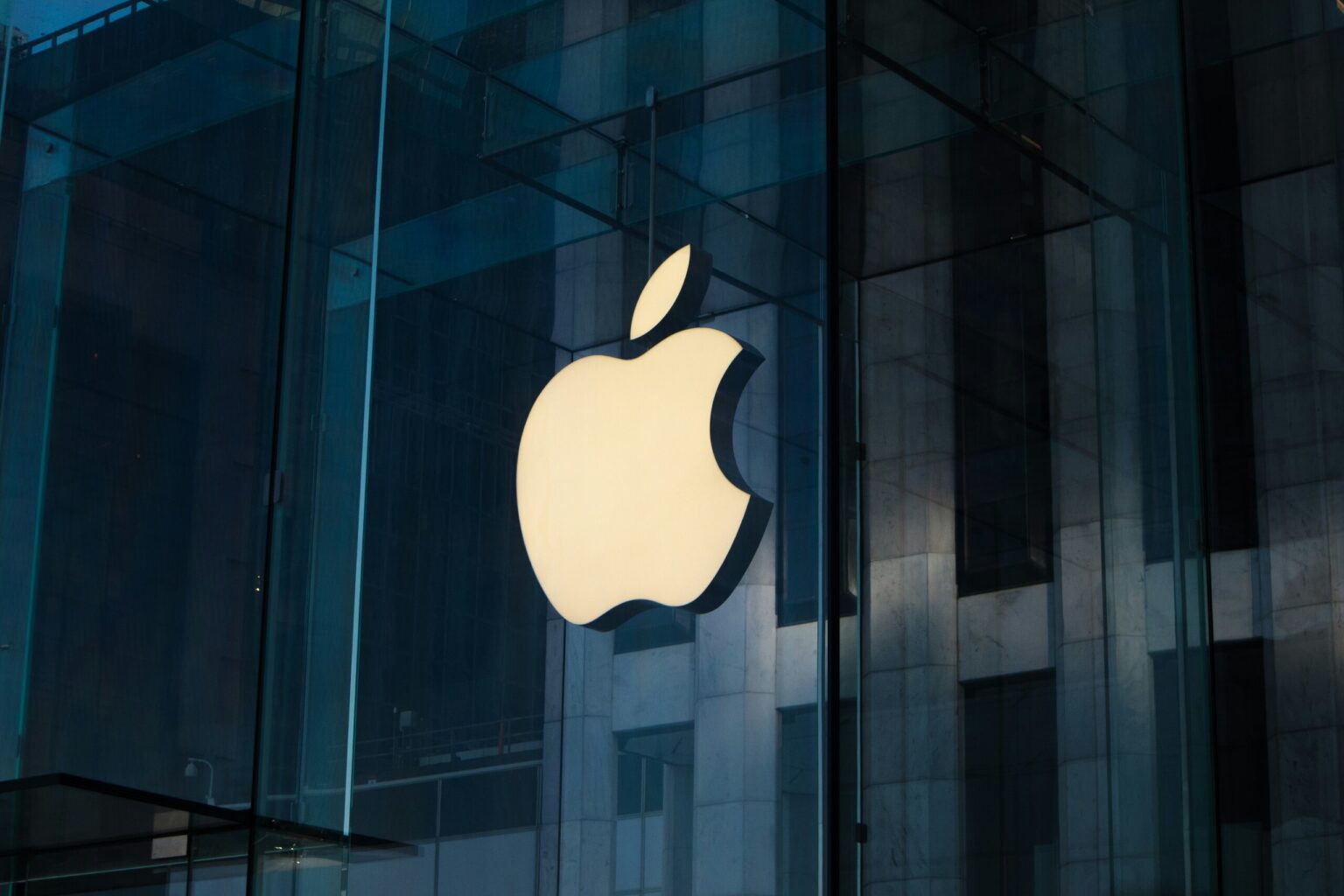The European Union’s recent decision to impose a substantial antitrust fine on tech giant Apple marks a significant development in the ongoing debate surrounding competition within the digital marketplace.

Stemming from a complaint lodged by music streaming service Spotify, the fine underscores the EU’s commitment to upholding fair competition and curbing anti-competitive practices in the tech sector.
Background of the Case
The European Commission’s investigation centered on Apple’s alleged abuse of its dominant position in the distribution of music streaming apps via its App Store platform. Specifically, the Commission found that Apple’s imposition of restrictions on app developers hindered users’ access to information about alternative and potentially cheaper subscription services outside of the App Store ecosystem. These restrictions, known as anti-steering provisions, were deemed to create unfair trading conditions and contravene EU antitrust regulations.
Commission’s Findings
The Commission concluded that Apple’s anti-steering provisions constituted a breach of Article 102(a) of the Treaty on the Functioning of the European Union (TFEU). By preventing app developers from fully informing iOS users about alternative subscription options and pricing, Apple’s conduct resulted in inflated subscription prices for consumers. Moreover, the restrictions impeded users’ ability to make informed choices and undermined competition in the digital marketplace.
Penalty and Deterrence Measures
In response to Apple’s infringement, the Commission imposed a landmark fine of over €1.8 billion, reflecting the seriousness of the violation and the need for deterrence. The fine was calculated based on the duration and gravity of the infringement, as well as Apple’s total turnover and market capitalization. Additionally, the Commission included an additional lump sum to ensure that the penalty served as an effective deterrent against future anti-competitive behavior.
“For a decade, Apple abused its dominant position in the market for the distribution of music streaming apps through the App Store. They did so by restricting developers from informing consumers about alternative, cheaper music services available outside of the Apple ecosystem. This is illegal under EU antitrust rules, so today we have fined Apple over €1.8 billion. Margrethe Vestager, Executive Vice-President in charge of competition policy
Apple’s Response and Legal Proceedings
Apple swiftly contested the Commission’s decision, signaling its intention to challenge the fine in court. The tech giant refuted allegations of consumer harm and defended its App Store ecosystem as a competitive marketplace. However, the Commission’s ruling underscores the EU’s commitment to holding tech giants accountable for antitrust violations and promoting fair competition in the digital economy.
“The decision was reached despite the Commission’s failure to uncover any credible evidence of consumer harm, and ignores the realities of a market that is thriving, competitive, and growing fast. Apple
Implications and Future Outlook
The EU’s actions against Apple are likely to have far-reaching implications for the tech industry, signaling heightened scrutiny and regulatory intervention targeting dominant players. As the digital landscape evolves, regulatory authorities are increasingly vigilant in safeguarding competition and fostering innovation. The Commission’s decision serves as a stark reminder to tech companies of the importance of compliance with antitrust regulations and the consequences of engaging in anti-competitive practices.
